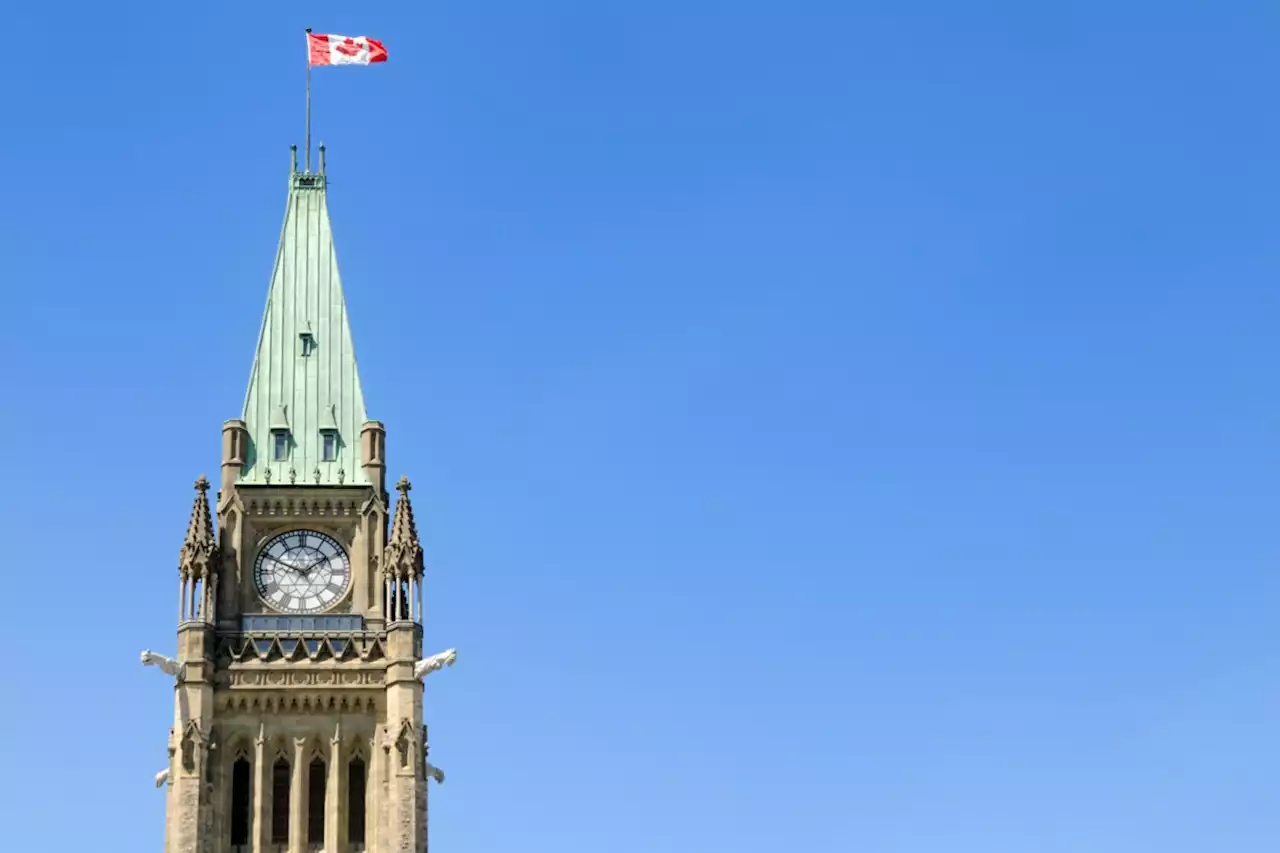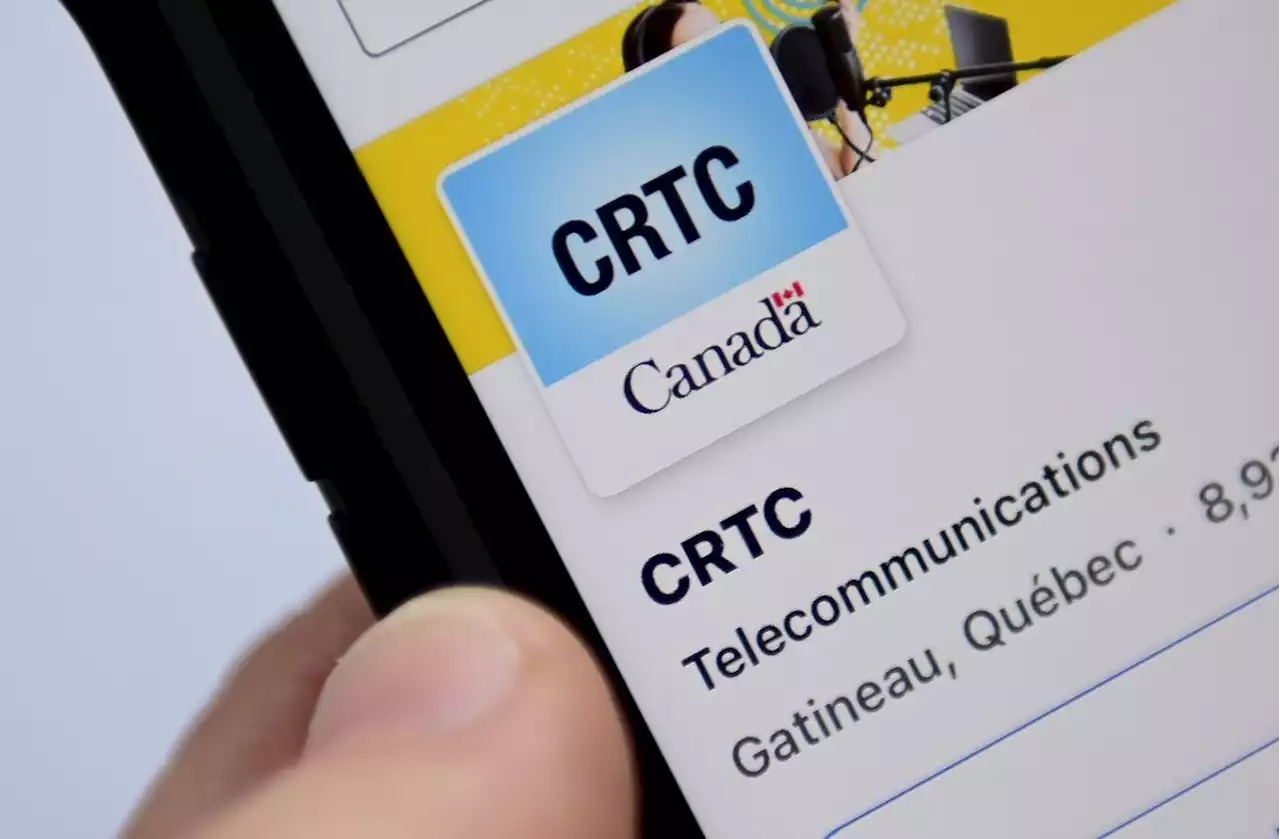Ottawa is under pressure to recover billions of dollars in pandemic benefits it sent to ineligible people and businesses, and is fending off accusations of carelessness with taxpayers' money.
The Trudeau government’s refrain in the earlier days of the COVID-19 pandemic was clear and reassuring.
But critics say the debt recovery ramp-up so far has been ham-handed, unnecessarily harsh toward low- and modest-income Canadians, and intransigent toward some who made small mistakes, in some cases based on inaccurate information from the CRA itself. There’s also the issue that the CRA stopped its practice of withholding or reducing benefit payments to offset taxpayers’ government debts in May, 2020. The agency restarted clawbacks of tax credits last October, and of the Canada Child Benefit this past March.
The leniency and compassion Ottawa showed during the pandemic have evaporated, according to Prof. Robson. Now, she said, the feeling among many on the receiving end of the federal debt-collection crackdown is likely, “they have my ass.” That hasn’t stopped the CRA from clawing back her tax refunds and some of her benefits. Ms. Spicer has seen her 2021 and 2022 tax refunds – which, together, are worth a total of about $1,500 – applied to her government debt, according to documents reviewed by The Globe and Mail. The CRA also held onto several payments of her Ontario Trillium Benefit, which helps offset energy costs and taxes, the records show.
But months or years after enrolling in the pandemic benefits, some social-assistance recipients discovered they’d applied for money they weren’t entitled to or, like Ms. Spicer, found themselves embroiled in complicated disputes about their eligibility. But repayment plans don’t prevent the CRA from withholding tax refunds and government benefits to offset overpayments – and social-assistance recipients are no exception. Ms. Drumm said the clawbacks have made it harder for some of her clients to pay for medical needs.
In Saint John, for example, Rhiannon Cormier, a single mother of two on social assistance, combed through her CRA online account when she saw her child benefit payment of $1,324 a month cut in half in March. But it wasn’t until April 18 that the agency sent out a plain-language e-mail warning about the resumption of offsets to all benefit recipients who might be affected and who had signed up for electronic notifications. The agency did not say why it waited until then to send out such messages.
Instead, by the time many Canadians became aware of the offsets, it was too late to avoid at least a first round of drastic benefit cuts. The CRA normally needs three to four weeks’ notice to set up a repayment plan, the agency said via e-mail. “Adjustments beyond 12 months are the exception and may be considered in extenuating circumstances for humanitarian reasons,” CRA spokesperson Paul Murphy said via e-mail.
The agency’s best-known slip-up during the rollout of the pandemic benefits revolved around the CERB eligibility guidelines for self-employed Canadians. The information provided on government websites, including by the CRA, initially neglected to specify that a $5,000 income requirement to qualify for the benefit referred to net income for self-employed applicants – that is, gross income minus applicable expenses.
The question of Mr. Bastien’s eligibility also hinged on the $5,000 income threshold. He believed he qualified, based on having earned $5,000 in the 12 months before the beginning of the period for which he had applied for the CERB, which was March 15, 2020. But, in fact, the legislation required Mr. Bastien to have earned the $5,000 in the 12 months before the the date he submitted his application for the CERB, which happened to be May 25.
Such orders “could be applicable if CERB repayments are considered unreasonable or unjust, or otherwise not in the public interest,” according to Amin Mawani, a professor of taxation at York University’s Schulich School of Business. Remission orders have also been used for child benefit overpayments when repayments would cause hardship, he said.
In addition to backtracking on the $5,000 CERB self-employment income threshold, the Trudeau government also swooped in to reverse clawbacks of a monthly payment for low-income seniors that had been triggered by the CERB and the CRB. The Trudeau government has also been understanding toward students, allowing those who’d mistakenly applied for the CERB rather than the dedicated Canada Emergency Student Benefit to offset their CERB-related debt by the amount they would have received through the student-specific benefit, which provided $1,250 per four-week period from May to August in 2020, to a maximum of 16 weeks.
As a blanket measure to address the financial aftershocks of the pandemic benefits, some anti-poverty advocates have been asking for a repayment amnesty for those living in or near poverty and for the federal government to repay low-income Canadians who have seen their benefits cut back because they received the pandemic income supports. The NDP has advanced similar demands.
For example, some self-employed taxpayers didn’t enroll in the CERB because they suspected – often after consulting tax professionals – that the $5,000 threshold referred to net income.
Canada Latest News, Canada Headlines
Similar News:You can also read news stories similar to this one that we have collected from other news sources.
 Ottawa’s clawback of COVID-era benefits is punishing small mistakes and hurting the poorOttawa is under pressure to recover billions of dollars in pandemic benefits it sent to ineligible people and businesses, and is fending off accusations of carelessness with taxpayers’ money
Ottawa’s clawback of COVID-era benefits is punishing small mistakes and hurting the poorOttawa is under pressure to recover billions of dollars in pandemic benefits it sent to ineligible people and businesses, and is fending off accusations of carelessness with taxpayers’ money
Read more »
 Ottawa’s clawback of COVID-era benefits is punishing small mistakes and hurting the poorOttawa is under pressure to recover billions of dollars in pandemic benefits it sent to ineligible people and businesses, and is fending off accusations of carelessness with taxpayers' money.
Ottawa’s clawback of COVID-era benefits is punishing small mistakes and hurting the poorOttawa is under pressure to recover billions of dollars in pandemic benefits it sent to ineligible people and businesses, and is fending off accusations of carelessness with taxpayers' money.
Read more »
 Opinion: We are in denial about the huge consequences of long COVID on Canadians’ healthThe number of people experiencing lingering effects from the virus is higher than you might think
Opinion: We are in denial about the huge consequences of long COVID on Canadians’ healthThe number of people experiencing lingering effects from the virus is higher than you might think
Read more »
 Ottawa tells CRTC to exclude individual social media users from online streaming billThe online streaming bill is meant to force platforms such as Netflix, YouTube and TikTok to contribute and promote Canadian content
Ottawa tells CRTC to exclude individual social media users from online streaming billThe online streaming bill is meant to force platforms such as Netflix, YouTube and TikTok to contribute and promote Canadian content
Read more »
 Ottawa Redblacks mix up team dynamic with locker-room shuffleLooking for team chemistry, Ottawa Redblacks coach Bob Dyce and QB Jeremiah Masoli decided it was a good idea to change locker room seating
Ottawa Redblacks mix up team dynamic with locker-room shuffleLooking for team chemistry, Ottawa Redblacks coach Bob Dyce and QB Jeremiah Masoli decided it was a good idea to change locker room seating
Read more »
